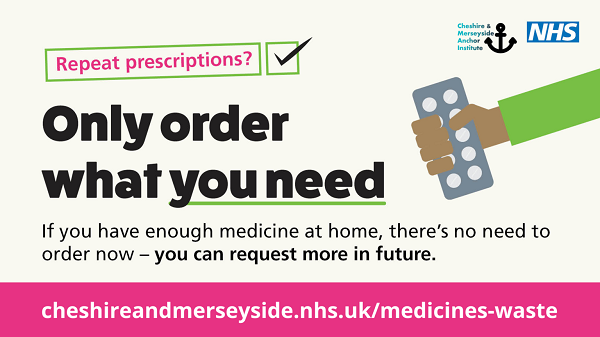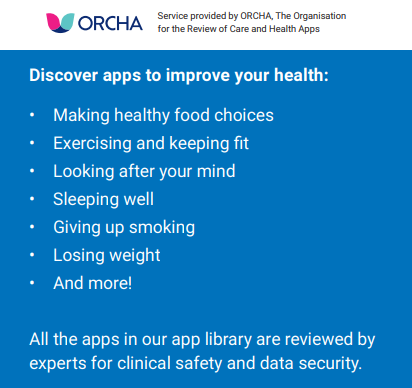Freedom of Information
Protecting And Using Your Medical Information
All the information you give to a member of the Primary Health Care Team (eg doctor, practice/district nurse, health visitor) which is held either on paper records or computer is safeguarded by the Data Protection Act 1988. This Act sets clear rules about how the recorded information can be used and demands openness about how the information is used. It also gives you certain rights, eg you have the right of access to your health records.
At all times, everybody working for the National Health Service - ie all the members of the Primary Health Care Team - has a legal duty to keep information about you confidential.
Why Do We Need Information About You?
We have to ask you for information so that we can make a decision about the best care and treatment for your needs. This information is often kept on paper record or on computer because we might need it when we see you again.



